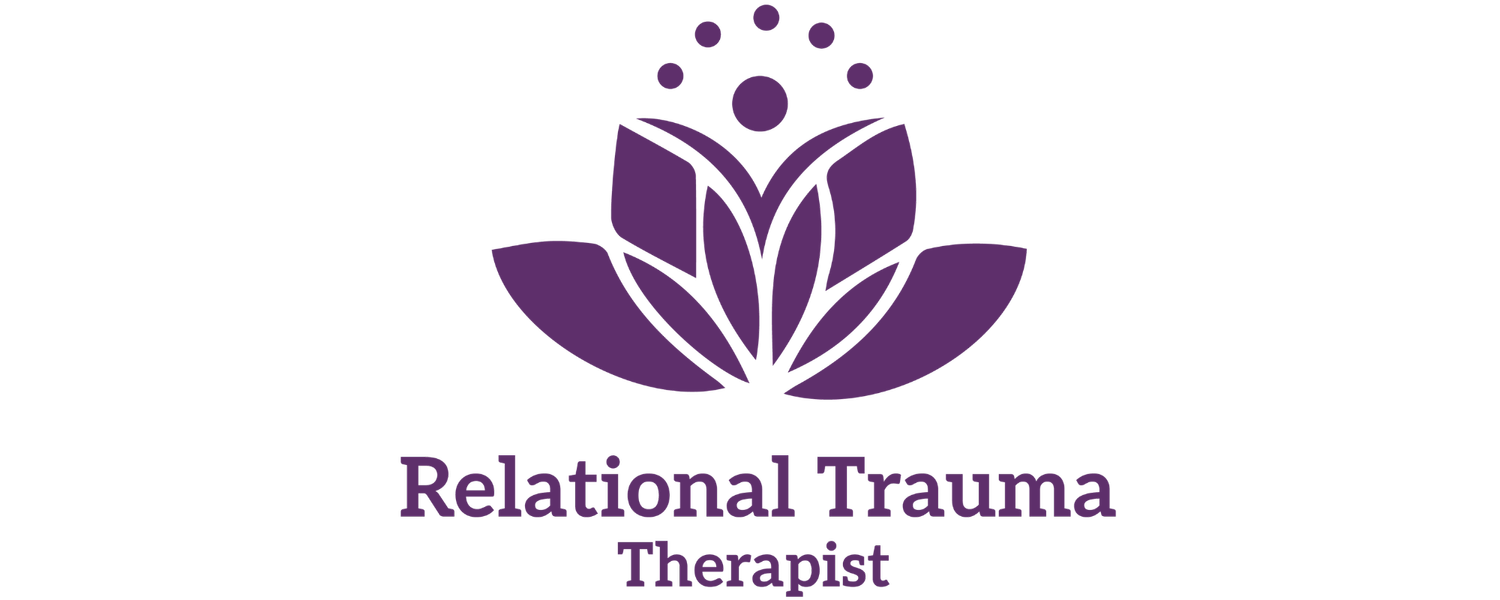Healing After Narcissistic Abuse: Do Narcissists Know They Are Narcissists?
Recovering from narcissistic abuse is a painful and deeply personal process. Survivors often leave these relationships carrying emotional scars, confusion, grief, anger, and a shattered sense of self-worth. Many begin their healing journey with one pressing question: Do narcissists know they are narcissists?
This question comes up often in therapy and conversations about recovery. Understanding whether narcissistic people recognize their own behavior can provide survivors with clarity and closure. It also helps frame expectations around accountability, empathy, and healing.
In this article, we’ll explore the psychology of narcissistic personality traits, what people with narcissistic personality disorder (NPD) may or may not recognize about themselves, and how survivors can focus on their own recovery.
What Is Narcissistic Personality Disorder (NPD)?
Narcissistic Personality Disorder (NPD) is a recognized mental health condition. It is marked by grandiose behaviors, a constant need for admiration, and difficulty showing empathy. People with narcissistic traits often rely on manipulation, gaslighting, and emotional control to maintain power in relationships.
Common symptoms and behaviors of NPD include:
Exaggerated sense of self-importance.
Constant need for validation.
Lack of empathy for others.
Extreme sensitivity to criticism.
Manipulation and control in relationships.
Difficulty maintaining long-term healthy connections.
While not every narcissistic person meets the criteria for NPD, many display harmful behaviors that leave partners, children, or coworkers emotionally harmed. Survivors often struggle with trauma bonding, low self-esteem, severe anxiety, and PTSD after prolonged exposure to narcissistic abuse.
Do Narcissists Actually Know They Are Narcissists?
The question “do narcissists know they are narcissists? ” does not have a simple yes-or-no answer. Some narcissistic people have enough self-awareness to recognize certain traits, while others remain completely unaware or in denial of their behavior.
Research in psychology shows that many people with narcissistic traits understand how others perceive them. They may admit to being self-centered, manipulative, or grandiose, but they often reframe these behaviors as strengths rather than flaws. For example, they may describe themselves as “confident” instead of arrogant, or as “strategic” instead of manipulative.
In cases of vulnerable narcissism, individuals may recognize their emotional instability, fear of abandonment, or hypersensitivity. Yet, even then, true accountability is rare. Admitting harm requires empathy and self-reflection, which narcissistic personality structures typically resist.
This lack of recognition leaves survivors stuck questioning their reality. They may wonder if the narcissist ever understood the damage caused. Therapy can help survivors release the need for this validation and instead focus on their own healing.
The Impact of Narcissistic Abuse on Survivors
According to an expert, narcissistic abuse can cause long-term emotional and psychological harm, with survivors often experiencing PTSD, depression, anxiety, and even physical symptoms like chronic pain. A 2020 study found that narcissistic abuse frequently includes manipulation, gaslighting, and intimidation, while a 2021 study noted that children of narcissistic parents may develop similar traits or face abandonment and aggression. These findings highlight the profound and lasting impact of narcissistic behavior, underscoring why survivors’ healing journeys must focus on therapy, self-compassion, and rebuilding self-worth.
Surviving narcissistic abuse often leaves deep emotional wounds. Many people describe feeling as though their sense of self has been stripped away. The manipulation, gaslighting, and emotional control gradually erode self-esteem, leaving survivors questioning their worth, confidence, and even their reality.
Common effects of narcissistic abuse include:
Severe anxiety and PTSD from prolonged exposure to emotional manipulation.
Grief and anger as survivors process the loss of a relationship built on deception.
Shattered self-worth from constant criticism and comparison.
Confusion and guilt caused by trauma bonding and gaslighting.
Difficulty trusting future relationships due to fear of repeated abuse.
These symptoms make recovery feel overwhelming. Survivors may internalize the narcissist’s behavior, believing the abuse was their fault. Therapy and self-compassion are essential to help untangle these false narratives and rebuild a healthy sense of self.
Why Self-Awareness Doesn’t Equal Change
Even if some narcissistic people recognize their traits, awareness does not automatically lead to change. The psychology of NPD often involves deep resistance to vulnerability, accountability, and empathy.
For many, acknowledging harmful behaviors feels like weakness. They may use anger, denial, or blame-shifting to avoid responsibility. In other cases, they might weaponize their self-awareness, admitting to being manipulative but justifying it as necessary for success.
This is why survivors rarely see genuine empathy or apology from narcissistic people. Without therapy, accountability, and consistent effort, self-awareness remains shallow.
This realization is painful but liberating for survivors. It reminds them that healing is not about waiting for the narcissist to change but about reclaiming their own self-respect, resilience, and confidence.
Steps for Healing After Narcissistic Abuse
Recovery from narcissistic abuse is possible, but it takes time, support, and patience. Survivors can rebuild their mental health by focusing on the following healing practices:
1. Therapy:
Working with a therapist trained in trauma recovery helps survivors process grief, rebuild self-esteem, and manage PTSD symptoms. Therapy provides tools for emotional regulation, boundary-setting, and confidence-building.
2. Rebuilding Self-Worth:
Affirming one’s value outside of the narcissist’s narrative is crucial. Journaling, practicing self-compassion, and developing new coping mechanisms support a stronger sense of self.
3. Emotional Regulation:
After prolonged exposure to manipulation, survivors may struggle with anger, anxiety, or grief. Techniques such as mindfulness, grounding exercises, and trauma-informed practices help restore emotional balance.
4. Support Systems:
Connecting with support groups, trusted friends, or family members provides validation and reduces feelings of isolation. Sharing experiences with others who understand the pain of narcissistic abuse can be deeply healing.
5. Setting Boundaries:
For those who must maintain contact with a narcissistic person, such as in co-parenting situations, boundaries are essential. Limiting contact, avoiding emotional entanglement, and using clear communication protect survivors’ mental health.
Rebuilding Confidence and Self-Respect
One of the lasting wounds of narcissistic abuse is the loss of confidence. Survivors may feel small, powerless, or unworthy of love. Healing requires intentional rebuilding of self-respect.
This process often involves reconnecting with personal values, rediscovering passions, and setting goals that reflect one’s authentic identity. Practicing self-compassion softens the inner critic left behind by abuse.
Confidence is also rebuilt through small acts of perseverance, choosing recovery each day, seeking therapy, or practicing new coping strategies. Over time, survivors replace fear and self-doubt with resilience and strength.
Why the Question Matters
So, do narcissists know they are narcissists? The answer matters less than many survivors expect. While it can bring temporary clarity to know that narcissistic people may or may not recognize their behaviors, true recovery does not depend on their awareness.
Healing comes from shifting focus inward: reclaiming self-worth, processing trauma, and learning to trust again. Therapy helps survivors move from pain to empowerment, while self-compassion provides a steady anchor through grief and recovery.
Survivors do not need the narcissist’s acknowledgment to heal. Their recovery is their own.
Healing Beyond Narcissistic Abuse
Narcissistic abuse leaves survivors with wounds that run deep, trauma, grief, loss of confidence, and broken trust. The question “Do narcissists know they are narcissists? ” is natural, but the answer does not change the path forward.
Some narcissistic people may recognize their traits, but many lack the empathy or accountability to truly change. What matters most is the survivor’s journey of healing. Through therapy, self-compassion, boundary-setting, and support, survivors can rebuild their sense of self, recover their confidence, and move toward a future rooted in resilience and self-respect.
Take the Next Step
If you’re recovering from narcissistic abuse and searching for guidance, The Relational Trauma Therapist offers compassionate resources to support your healing journey. With a focus on trauma recovery, emotional regulation, and rebuilding self-worth, therapy provides the tools you need to move forward with strength and confidence.
FAQs
1. Do narcissists know they are narcissists?
Some narcissists have limited self-awareness, while others may recognize certain narcissistic traits but rationalize or justify them. Many individuals with narcissistic personality traits struggle to see how their behavior affects others. Understanding this can help survivors begin their healing after narcissistic abuse by realizing the issue wasn’t their fault.
2. Can narcissists change if they realize their behavior?
Change is possible, but rare, without deep accountability and long-term therapy. Even if a narcissist becomes aware of their actions, genuine empathy and behavioral change require consistent effort. For survivors, focusing on narcissistic abuse recovery and rebuilding self-trust is often more empowering than waiting for the narcissist to change.
3. What are the first steps to healing after narcissistic abuse?
The first steps in healing after narcissistic abuse include recognizing the manipulation, rebuilding self-esteem, and seeking trauma-informed therapy. Practices such as journaling, boundary setting, and connecting with safe support systems can help you regain control and emotional safety.
4. Why is it so difficult to leave a narcissistic relationship?
Leaving a narcissist can feel impossible due to trauma bonding, guilt, and emotional manipulation. Narcissists often create cycles of affection and rejection that keep partners attached. Understanding these dynamics is a vital part of narcissistic abuse recovery and helps survivors rebuild a sense of independence and worth.
5. Can therapy help with narcissistic abuse recovery?
Absolutely. Trauma-informed therapy provides a safe space to process emotional wounds, identify patterns, and rebuild confidence. Therapies such as Cognitive Behavioral Therapy (CBT) or EMDR can be effective tools in narcissistic abuse recovery and long-term emotional healing.


